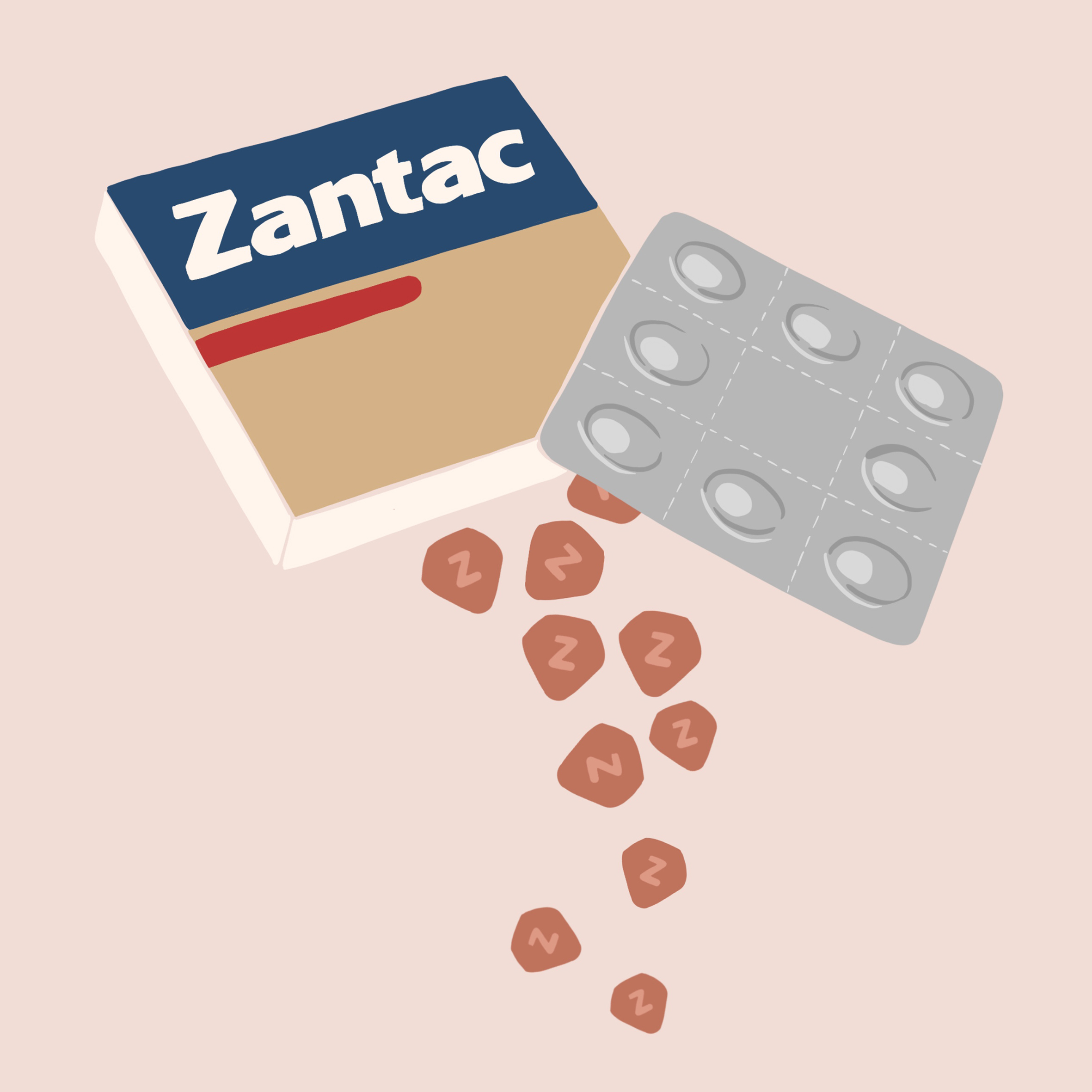Following a December 2022 decision that dismissed tens of thousands of federal lawsuits in the U.S., a provincial high court in Canada dismissed a proposed class-action Zantac lawsuit, Market Watch reported. Plaintiffs alleged that they developed cancer after prolonged usage of the popular, now-discontinued heartburn drug, Zantac.
The Supreme Court of British Colombia (B.C.) ruled on May 12 that a Vancouver man’s lawsuit against former Zantac manufacturers, including Sanofi and GlaxoSmithKline, lacked the evidence necessary to convince the court that ranitidine, the active ingredient in Zantac, showed any causation to cancer.
The main alleged connection between Zantac and cancer is that, when stored at room temperature, the active ingredient ranitidine breaks down into the carcinogenic compound N-nitrosodimethylamine, known to cause cancer in laboratory animals. In April 2020, the U.S. FDA called for all ranitidine-containing products to be pulled from the U.S. market.
Neither the decision by the Supreme Court in B.C. nor the December 2022 decision affects Zantac lawsuits filed in American states. A Zantac trial in California is expected to begin in July.
According to a March 24 statement by GlaxoSmithKline, since 2019, there have been 13 epidemiological studies conducted looking at human data regarding the use of ranitidine, “and the scientific consensus is that there is no consistent or reliable evidence that ranitidine increases the risk of any cancer.”
The statement by GSK adds that despite the decision to allow the California Zantac trial to proceed, the litigation is still at an early stage, and the judge who allowed the trial to proceed has only ruled on whether the plaintiff's experts can testify at trial. The judge’s ruling “does not mean that the Court agrees with the plaintiff’s experts’ scientific conclusions or their litigation-driven science. GSK will press additional defences and the plaintiff still needs to prove his case at trial.”
Zantac was allowed back on the market under the brand name Zantac 360, which features the active ingredient famotidine instead of ranitidine.
